Every school year brings waves of new classes, harder assignments and unfamiliar faces. Oftentimes, as a spur of excitement but beneath that excitement, school can be very anxiety–inducing for students. Anxiety can happen due to numerous factors: academic pressure, family struggles or for seniors life after graduation. The weight students carry often goes unnoticed as anxiety is just something we all endure in our lives. However, this doesn’t make it invisible; anxiety is prominent amongst many students at BHS, but there are ways to cope and mechanisms to make the learning environment easier and a safer place to be.
One of the most common sources of anxiety during the school year is the unknown.
“Think back to your freshman year—the first time taking final exams. You didn’t know what to expect. That uncertainty alone causes anxiety,” said 2027 counselor Seth Ragsdale.
New environments, the increase of academic demands, and the pressure to constantly perform are all validly overwhelming. However, academic stress is just a fraction of what students go through. Many students are also dealing with personal challenges that are outside the classroom doors: divorced parents, unstable housing, foster care or a parent in prison.
“Some students are worried about much more than school,” English teacher Cassie Bever said. “Those experiences bring real, lasting anxiety.”
Students don’t like to say they’re struggling, but behavior can speak volume. Bever observed that students stop turning in work, disengage in class and withdraw socially when they’re dealing with anxiety.
“It’s not always obvious unless you’re paying attention,” Bever explained. “Anxiety manifests in many ways. That’s why it is important to create an environment where students can feel safe and comfortable opening up.”
This school environment doesn’t just include academics but one where students are shown empathy and encouragement.
When it comes to school–related anxiety, there are healthy ways for students to cope.
But first, it is important to understand that anxiety isn’t inherently bad.
“When you push through it, confidence can come from it,” said Ragsdale. “Think of something like public speaking. Students are anxious before they speak, but afterward, they usually say it wasn’t so bad.”
Ragsdale also stressed the importance of a routine. Sleep, nutrition and organization all have a huge impact on how students feel day to day. Bever brought up the use of calendars and planners to make school more manageable.
“If your anxiety is coming from not having enough time, look at where your time is going,” Ragsdale said. “Are you sleeping enough? Are you eating well? These are things within your control.”
Junior Natasha Lawson shared her personal experience with school anxiety. For her, it’s often triggered by having multiple tests in one week. Rather than talking to a teacher or counselor, Natasha prefers to handle things on her own by getting her work done during school hours.
Anxiety at BHS is real and not always looked at. Whether stemming from academics or personal life, students carry more than just their backpacks on their backs. Understanding the signs, building supportive routines and being open to changes are all steps towards helping BHS students’ wellbeing. Anxiety won’t ever disappear, but by utilizing coping strategies and organization, hopefully it can help students feel less alone.
Strategies for academic anxiety
Because your mental health matters.
Break tasks up- Big assignments feel overwhelming. But breaking them up into parts can help a lot instead of doing it all at the last minute.
Use a calendar- Track assignments, tests and deadlines. Staying organized = a better sense of control.
Create a routine- Having a consistent daily schedule for school, study, sleep and downtime can reduce stress significantly.
Prioritize sleep- This is a BIG ONE! Sleep affects your mood, memory and focus. In fact, Albert Einstein was known for sleeping a lot! A fun fact from the article What You Can Learn from Einstein’s Quirky Habits by Zaria Gorvett says, “He reportly slept for 10 hours a day!”
Limit distractions- Find a quiet space, turn off your phone and use focus tools if needed. Focused time = more free time later.
Challenge perfectionism- You don’t have to be perfect to succeed. Mistakes are how you grow, and progress is more than perfection. (Your imperfections make you human!)
A message to you- To any student with anxiety, remember that it is all a part of being human. It doesn’t matter if it’s academic or more personal, your well-being is something to be cared for! So be kind and gentle with yourself and know that today’s anxiety isn’t a projection of your future. You are loved. And you matter.
Love,
Charlotte Woodruff
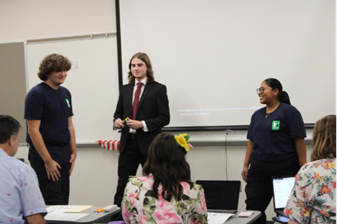
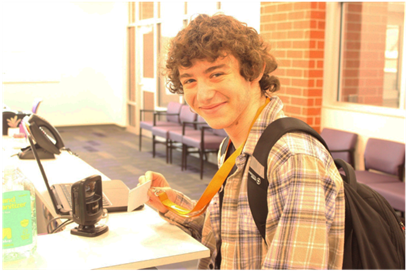



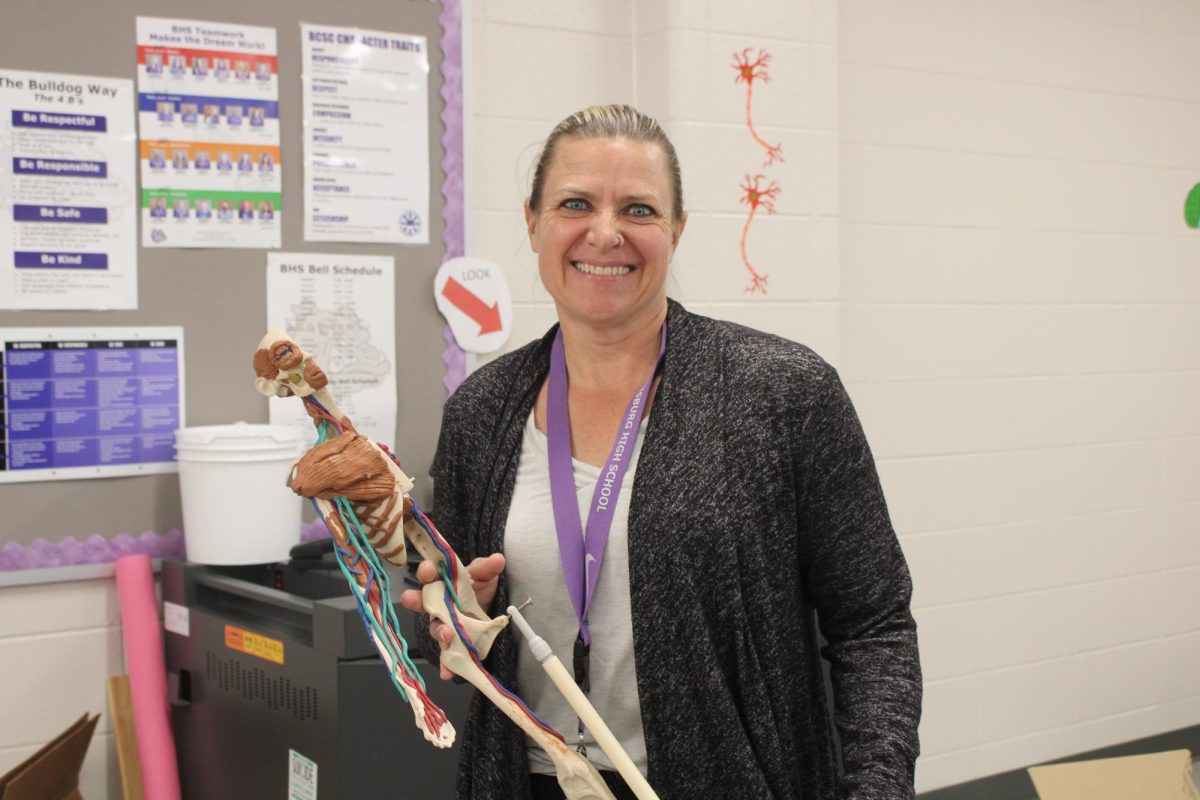


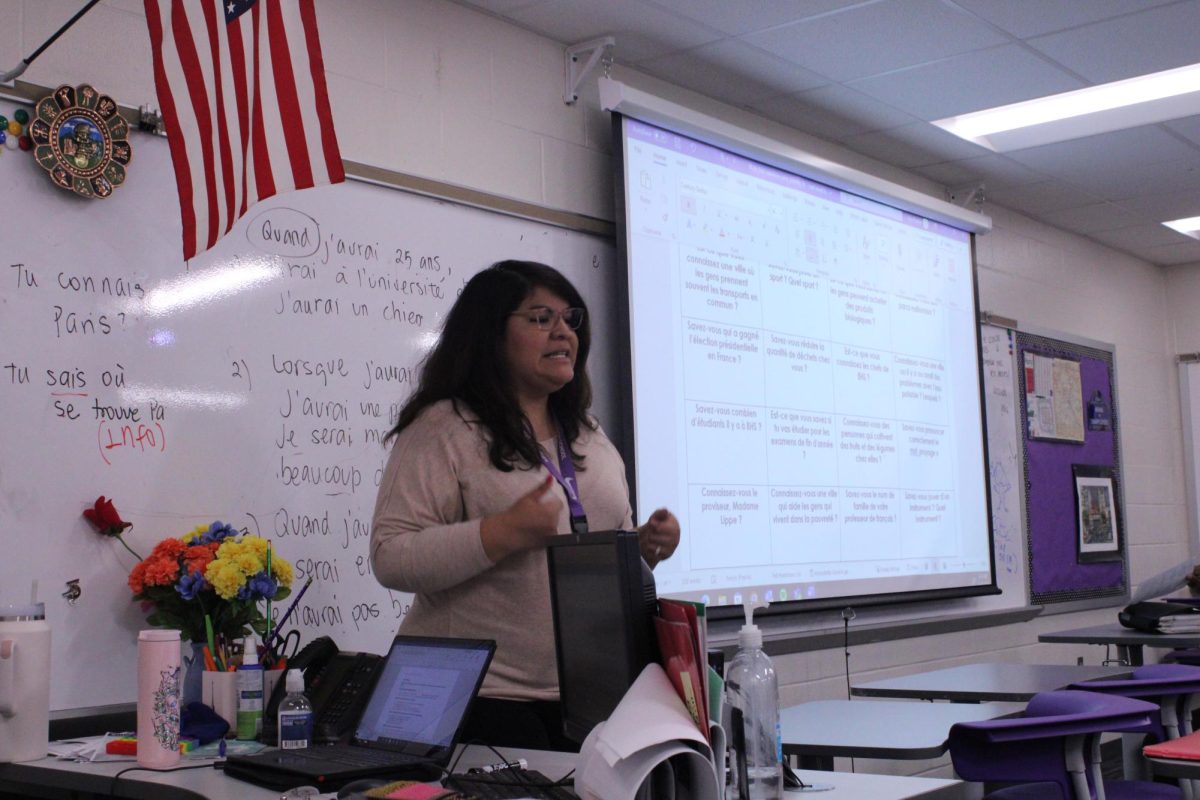


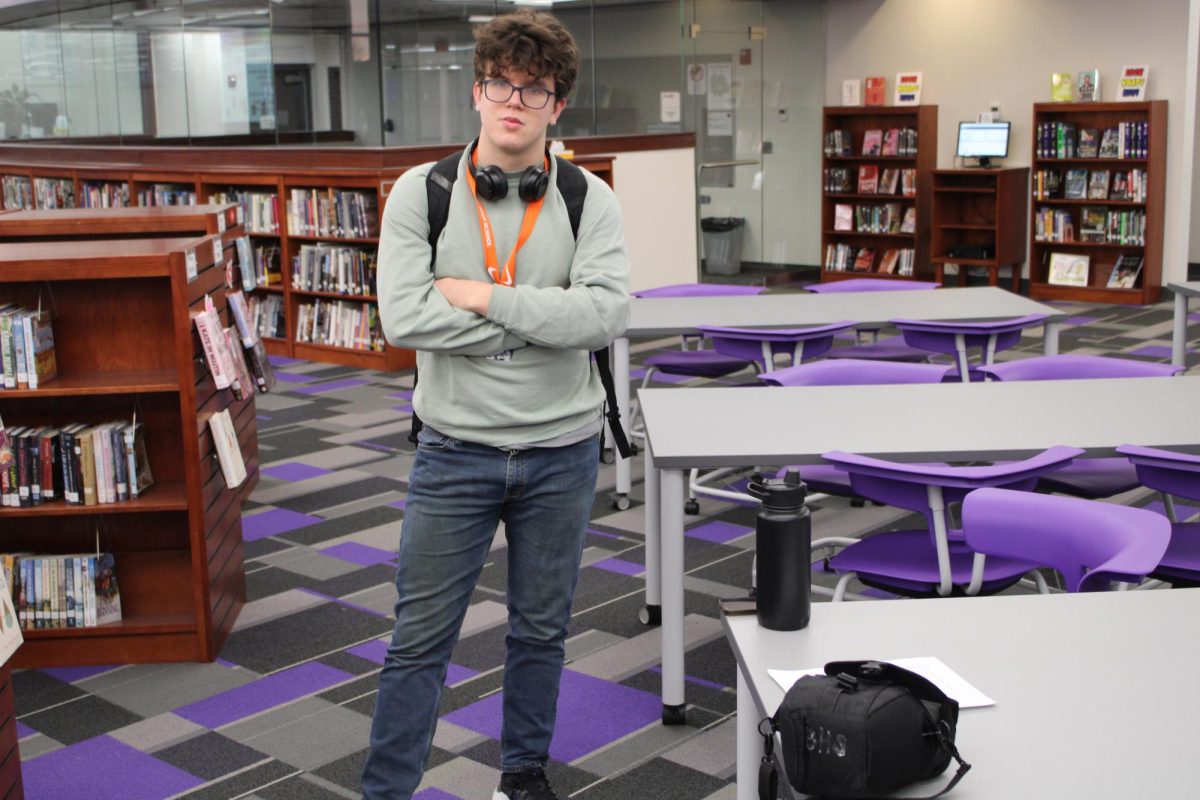
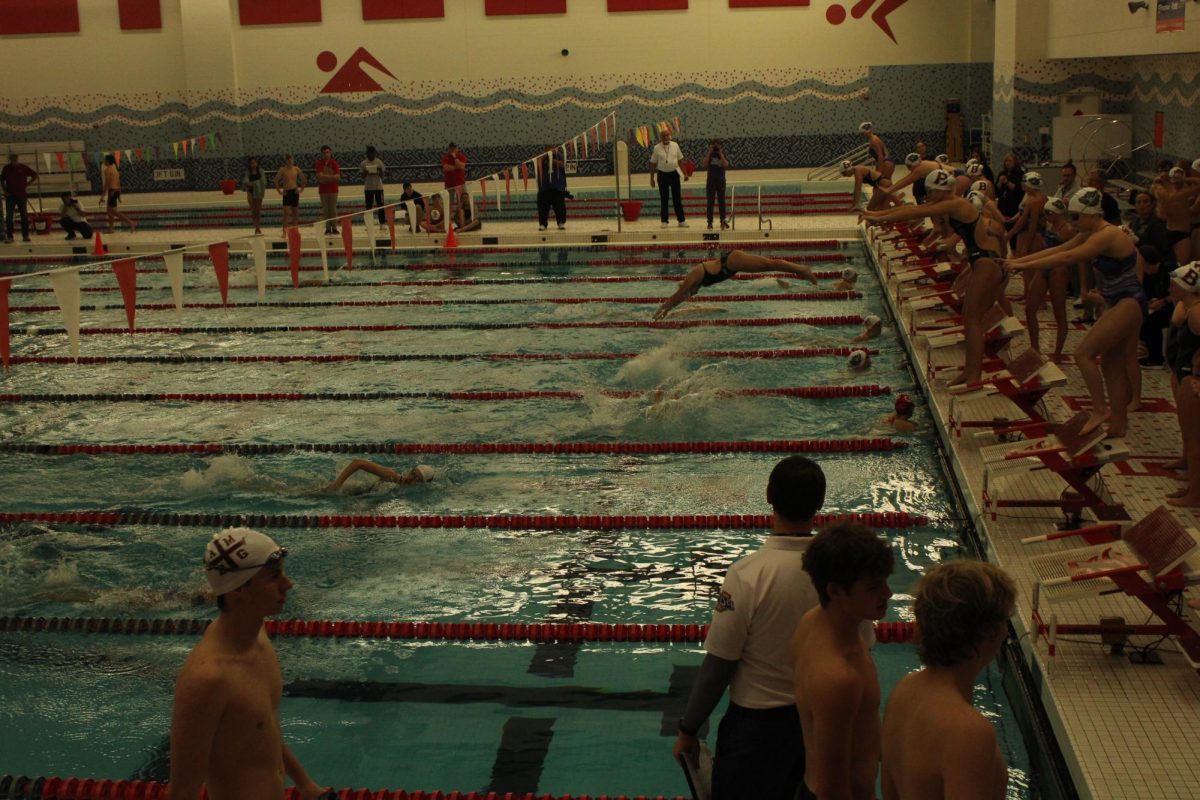





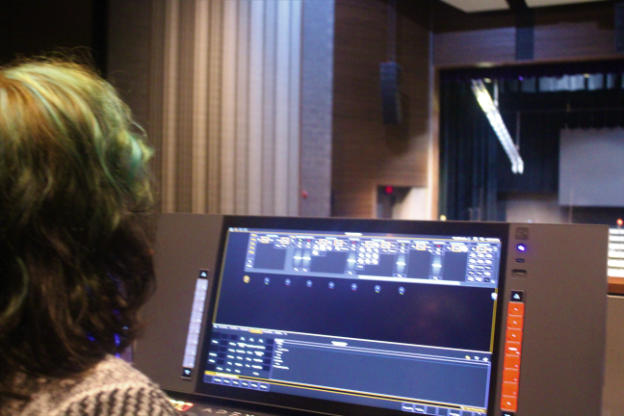

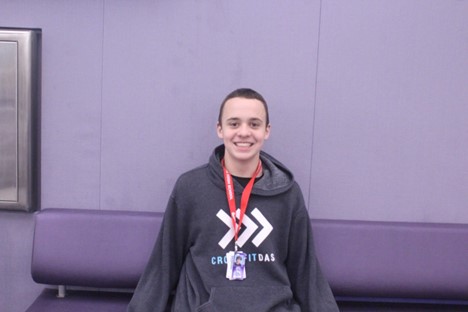


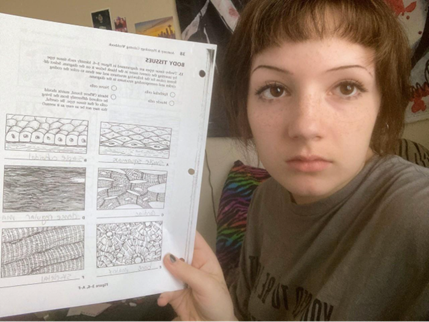




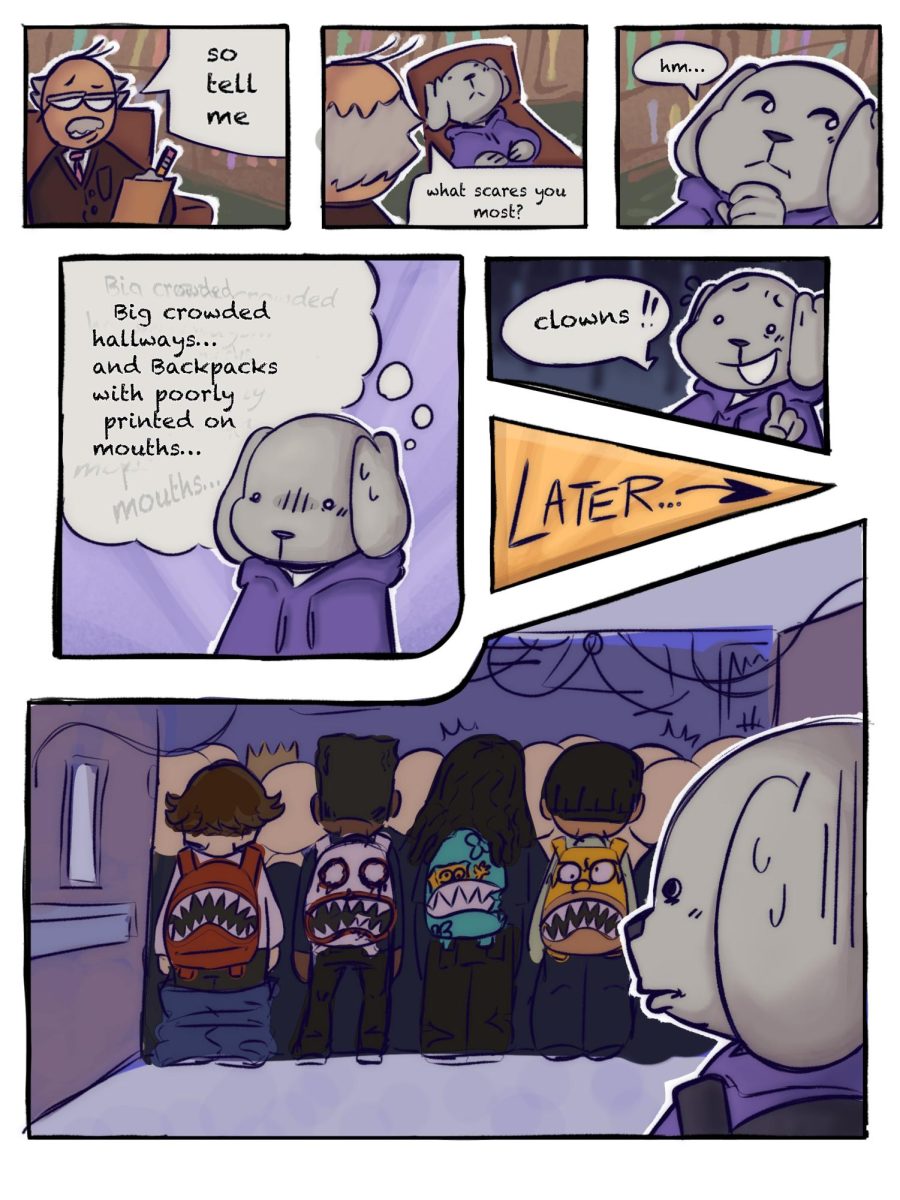
Sarah • Sep 4, 2025 at 8:49 am
Great Article! Great Tips!